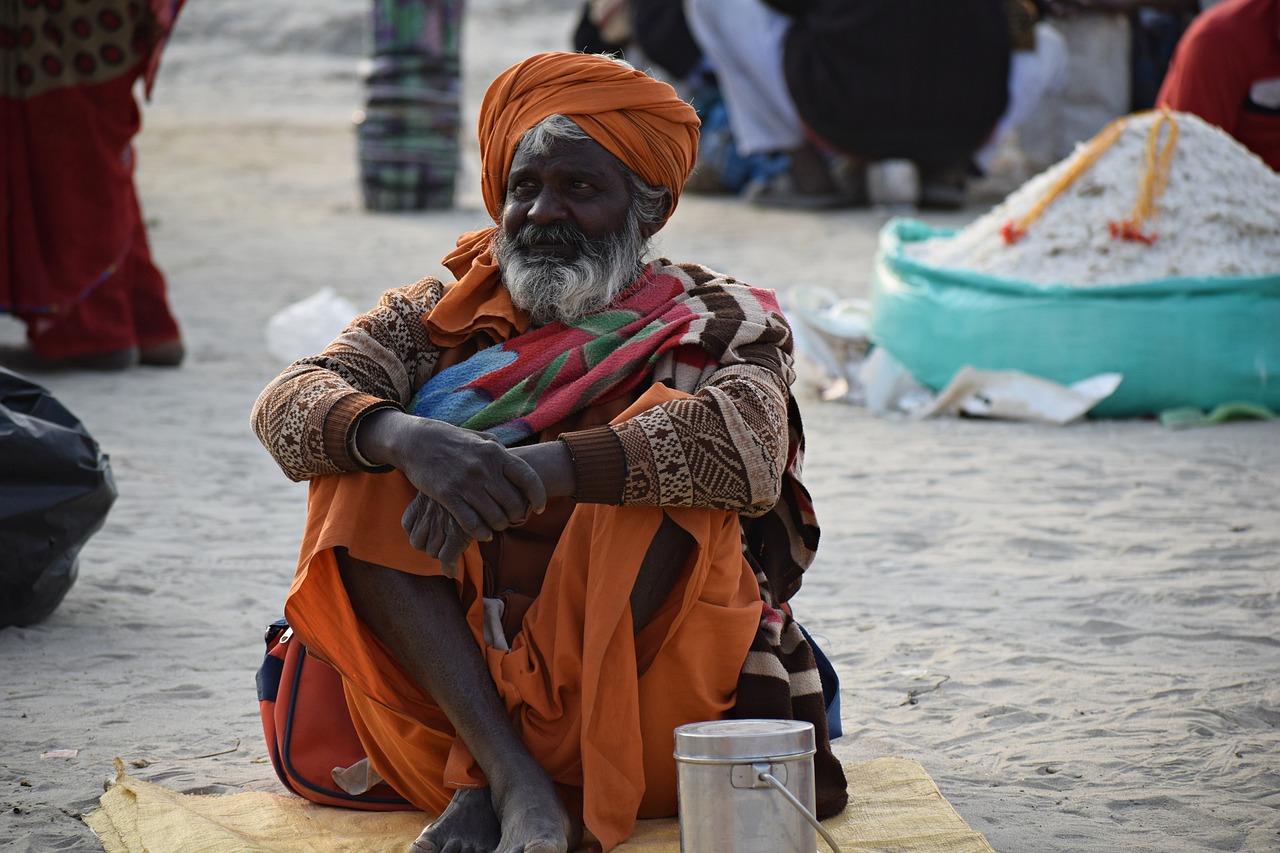The Impact of Economic Policies on Electoral Outcomes
When it comes to understanding voter behavior, several key factors play crucial roles in shaping how individuals make their decisions at the polls. One significant factor is the political ideology of voters, which influences their beliefs, values, and priorities in selecting a candidate. Voters who align closely with a particular ideological spectrum are more likely to support candidates who share similar viewpoints on important issues.
Another important factor that influences voter behavior is candidate characteristics and personal traits. Voters often evaluate candidates based on their perceived competence, trustworthiness, and ability to lead. Factors such as a candidate’s experience, messaging, and public image play a significant role in shaping voter perceptions and decisions on Election Day.
Historical Examples of Economic Policies Shaping Elections
In the past, economic policies have played a significant role in shaping electoral outcomes. Policies such as tax reforms, job creation initiatives, and handling of economic crises have historically influenced how voters perceive political candidates. For instance, during the Great Depression in the 1930s, President Franklin D. Roosevelt’s New Deal programs helped foster support for his re-election, as they were seen as vital in addressing the economic hardship faced by many Americans.
Similarly, in more recent times, the economic policies of leaders like Margaret Thatcher in the United Kingdom and Ronald Reagan in the United States have showcased how a focus on issues like deregulation, privatization, and supply-side economics can sway voter opinions. These leaders implemented policies that led to economic growth and job creation, factors that resonated with many voters and contributed to their electoral success. By examining these historical examples, we can gain insights into the enduring impact of economic policies on the electoral landscape.
The Role of Public Opinion in Electoral Outcomes
Public opinion plays a pivotal role in shaping electoral outcomes. The thoughts, beliefs, and attitudes of the general public towards political candidates and issues heavily influence the way elections unfold. The collective sentiment of citizens towards various policies, events, and leadership qualities determines the success or defeat of candidates.
Moreover, public opinion serves as a crucial driving force in mobilizing voters to participate in the electoral process. When the public is motivated and engaged, voter turnout tends to increase, thereby affecting the overall outcome of elections. The power of public opinion lies in its ability to sway undecided voters, galvanize supporters, and ultimately determine the fate of political candidates.
• Public opinion shapes electoral outcomes by influencing the thoughts, beliefs, and attitudes of the general public towards political candidates and issues.
• The collective sentiment of citizens towards policies, events, and leadership qualities plays a significant role in determining the success or defeat of candidates.
• Mobilizing voters through public opinion is essential for increasing voter turnout and impacting election results.
• Public opinion has the power to sway undecided voters, energize supporters, and ultimately decide the fate of political candidates.
What are some key factors that influence voter behavior in elections?
Some key factors that influence voter behavior include political party affiliation, candidate characteristics, campaign messaging, and economic conditions.
Can historical examples be used to demonstrate how economic policies have shaped elections?
Yes, historical examples such as the Great Depression and the 2008 financial crisis show how economic policies can significantly impact electoral outcomes.
How does public opinion play a role in determining electoral outcomes?
Public opinion plays a crucial role in determining electoral outcomes as it influences voter preferences, candidate popularity, and overall political climate during election periods.
Are there any specific strategies that political candidates use to sway public opinion in their favor?
Yes, political candidates often use campaign advertising, public speeches, debates, and social media to sway public opinion in their favor and gain voter support.
Can public opinion change during the course of an election campaign?
Yes, public opinion can change during the course of an election campaign due to various factors such as candidate performance, new information, and evolving socio-political dynamics.







